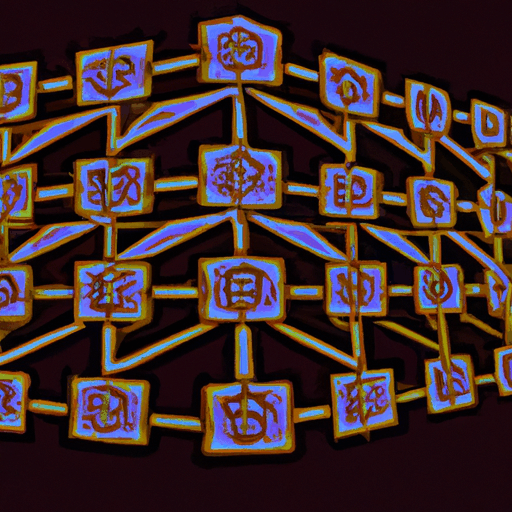
Washington Sanctions Target 19 Entities Amid Rising Cybercrime Concerns
By: Isha Das
The United States government has taken decisive action by sanctioning 19 entities operating in Myanmar and Cambodia, linked to widespread cyber fraud activities. This move targets organizations involved in "pig butchering" scams, causing significant financial disruptions worldwide. These entities have been added to the OFAC sanctions list, enforcing compliance measures for financial institutions and crypto companies connected to these networks.
Sanctions imposed by Washington seek to cut off access to financial resources by blocking property and prohibiting interactions with designated entities. This places additional compliance obligations on banks, payment processors, and crypto exchanges with potential ties to these groups through correspondent banking channels or dollar-backed stablecoins. The need for rigorous screening of counterparties and ownership structures under the OFAC's 50 Percent Rule is emphasized, as the sanctions extend beyond direct names to associated entities.
Operating primarily along the Thai-Myanmar border, these cyber fraud compounds yield substantial profits, with estimates from the United Nations Office on Drugs and Crime suggesting earnings near $40 billion annually. Despite efforts by Thailand to disrupt these centers by cutting resources, reports indicate their ongoing expansion. This underscores the severity of flows passing through crypto platforms, with stablecoins playing a significant role in illicit fund transfers and laundering operations.
The cyber-criminal landscape is particularly marked by the increasing misuse of stablecoins for quick transactions, making them central to scam operations. The Chainalysis 2025 Crypto Crime Report highlights the trend of criminals favoring dollar-pegged tokens, with recent U.S. actions spotlighting stablecoin platforms such as TRON due to its efficiency and low transaction costs. Collaborative initiatives like the Tether-TRON-TRM or "T3" effort have expanded their reach to confiscate substantial illicit assets.
In response to these threats, the U.S. Treasury has moved to address key choke points in the financial operations backing these scams. Cambodia-based Huione Group faces potential restrictions, following the Treasury's proposal to identify it as a primary money laundering concern under Section 311. If implemented, these measures would increase Know-Your-Customer requirements, adding complexity to financial transactions.
Across the globe, the FBI continues to register substantial losses due to cyber-enabled crimes, reporting $16.6 billion in losses for 2024 alone, dominated by fraud schemes that leverage emotional manipulation. International regulators tighten enforcement by increasing obligations on platforms like social media and payment services to enact stronger anti-scam measures.
This coordinated sanction effort marks a significant step in disrupting the financial networks of these scam operations, aiming to hinder their financial gains significantly. By placing entities associated with Myanmar's Shwe Kokko and Cambodian networks under strict scrutiny, the implementation shifts risk assessments to intermediary off-chain entities tasked with mitigating exposure to these illicit networks.



